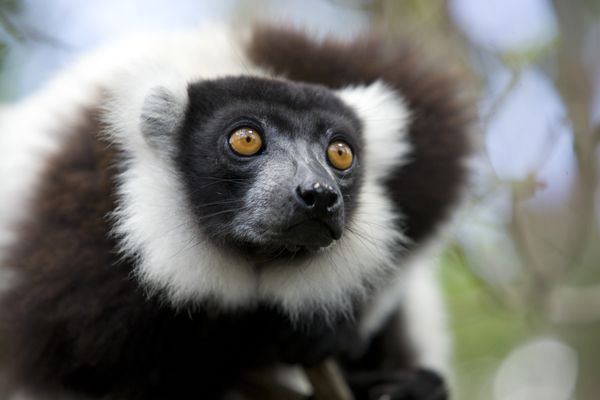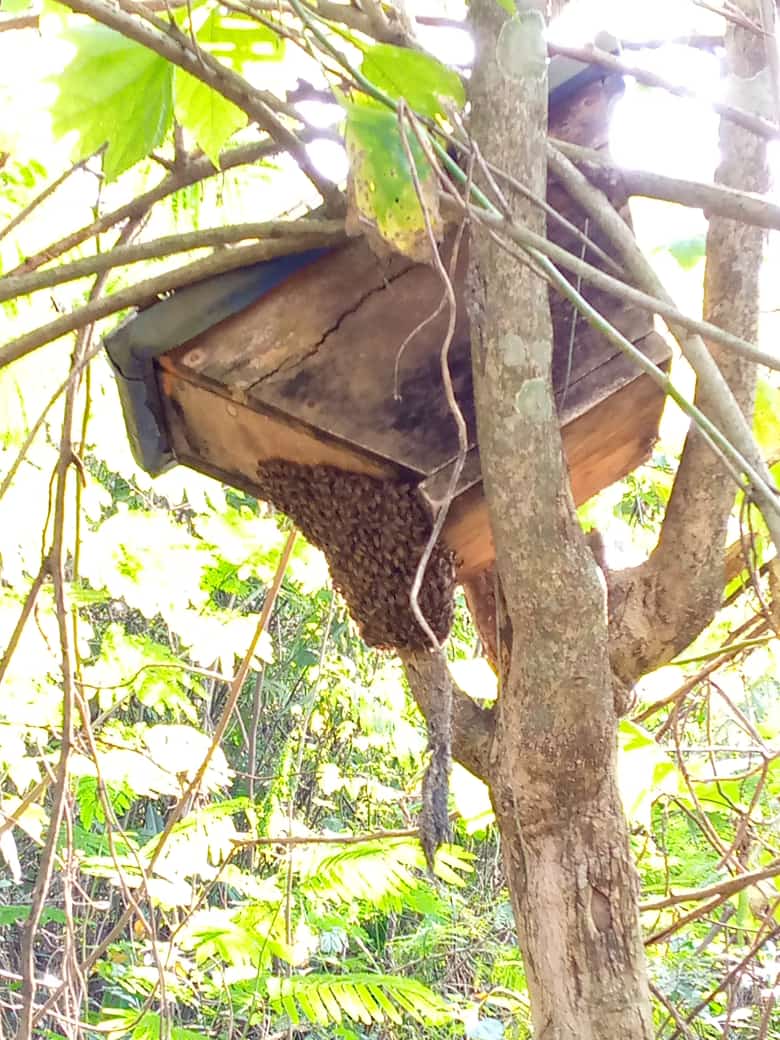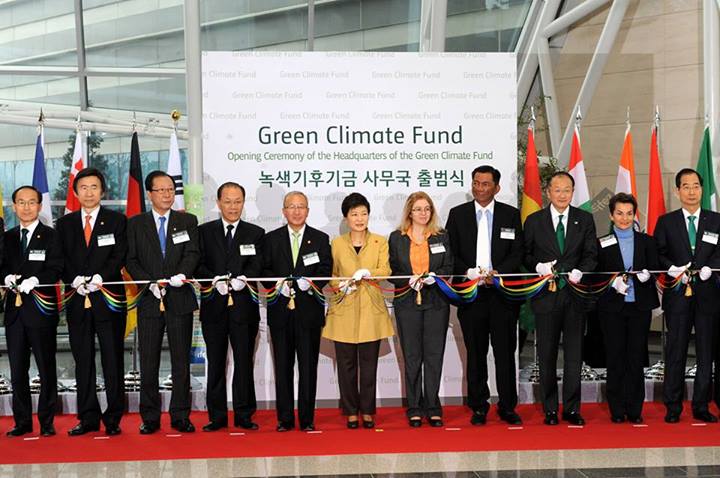
By RIVONALA RAZAFISON in Antananarivo
The second edition of the World lemur festival to save lemurs of Madagascar took place from 30 to 31 October 2015.
On the occasion, zoos in America, Europe, Africa, Asia, and Indian Ocean organised events meant to raise fund for the conservation of Madagascar’s lemur fauna. The global 2-day event was also celebrated across the island nation.
High-placed persons, researchers, students, conservationists, activists, NGOs, associations, religious… and politicians were among those who participated.
“The goals are to showcase the country’s lemur diversity, their natural habitat, the threats endangering them, and the conservation actions,” the Study and Research Group on Madagascar’s Primates (GERP), who were the organisers, announced.
This year, the theme “Lemurs: national heritage, friends should be protected” was retained from the second edition of the World lemur festival.
Digital scientific information on lemurs can hardly be found on mobile devices like iPhone, iPad, and other electronic shelves. Various experts have over time advocated increased collaboration to develop such an innovation.
The official launching took place in Antananarivo on Friday afternoon in the presence of Dr. Russel Mettermeier, the chair of the Primate Specialist Group at the International Union for the Conservation of Nature (IUCN).
Lemurs are unique in the world; they represent 20 percent of the world primate fauna. They exist only in Madagascar which is 0.4 percent of the planet total size.
“Lemurs are our pride,” claimed the Malagasy prominent primatologist Prof. Jonah Ratsimbazafy, the GERP’s general secretary.
He further said these mammals are “the geese laying eggs” for the island and its impoverished population.
These animals remain the pillar of Madagascar’s ecotourism that annually generates hundreds of dollars in terms of foreign currencies and creates countless permanent jobs across the territory.
Besides, they play vital ecological roles like the permanent maintenance of the natural forest, their natural habitat.
Lemurs are however highly threatened today.
“Scientists now identified 107 lemur species against 101 in 2010, 71 in 2006, and 50 in 1994. The last discovery was reported about one month ago. Unfortunately, 94 percent of the known species are currently on the verge of extinction,” regretted Prof. Ratsimbazafy.
“Malagasy people continue to kill the geese that lays golden eggs for them by destroying their natural habitat and hunting them,” he cried out.
Official figures show that less than 10 percent of the country’s natural forest remains today. Other forms of threats like trafficking and poaching were also cited.
“Lack of consciousness among officials and the general population makes the sad situation more lamentable,” conservationists stated.
“People scrupulously take care of their riches elsewhere. For example, children are educated on [precious] stones as of their early childhood in Sri-Lanka. American youth knows lemurs rather than the Malagasy ones. In Madagascar, people knowingly disregard lemurs,” emphasised Prof. Ratsimbazafy.
“We work for the nature’s conservation in general and not only for that of lemurs. Evidence shows that so many Malagasy pupils ignore nature and its genuine values,” corroborated Dr. Marie-Sylviane Volapeno of the NGO Mikajy Natiora (Nature Conservation).
The World lemur festival was in effect expected to be organised each year in order to make the difference.
“All funds collected during the global festival will finance lemur conservation and the Malagasy nature. Malagasies must take part in this. We should not await any external help before doing something though we really need support,” Prof. Lucien Marie-Aimé Rakotozafy, another GERP’s staffer, stated.
Lemur ancestors were thought to arrive in Madagascar about 40-50 million years ago from the mainland (Africa), according to scientists.
Humans who started to settle on the island nation only since 2,500-3,000 years remain their potential predators beyond natural threats.











